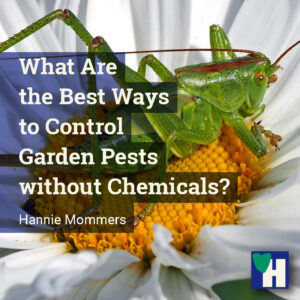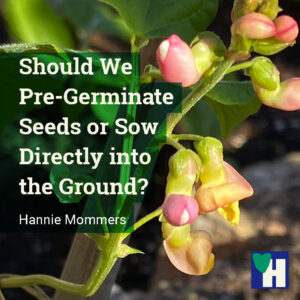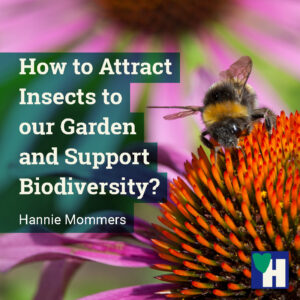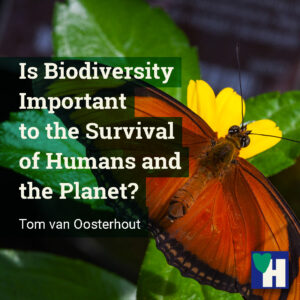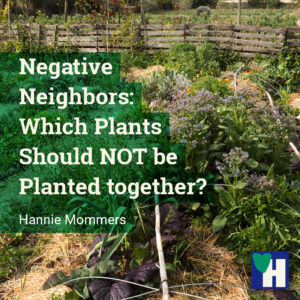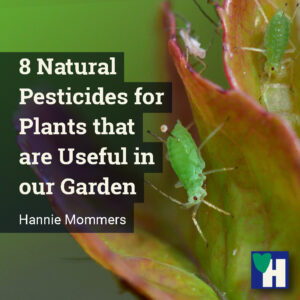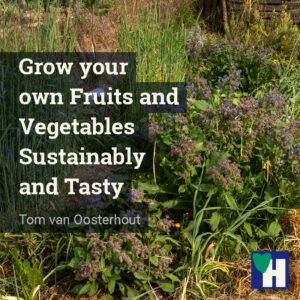
What motivates us to grow our own fruits and vegetables? The effort as such of course. The prospect of a harvest, no matter how modest. A green and at the same time colorful garden. Foods without poison. Improvement of the environment.
The fact that the exercise it takes to grow your own fruits and vegetables, in combination with the outdoor work, keeps you fit. Of course, the examples of others also motivate particularly well, because there is no motivation without inspiration.

